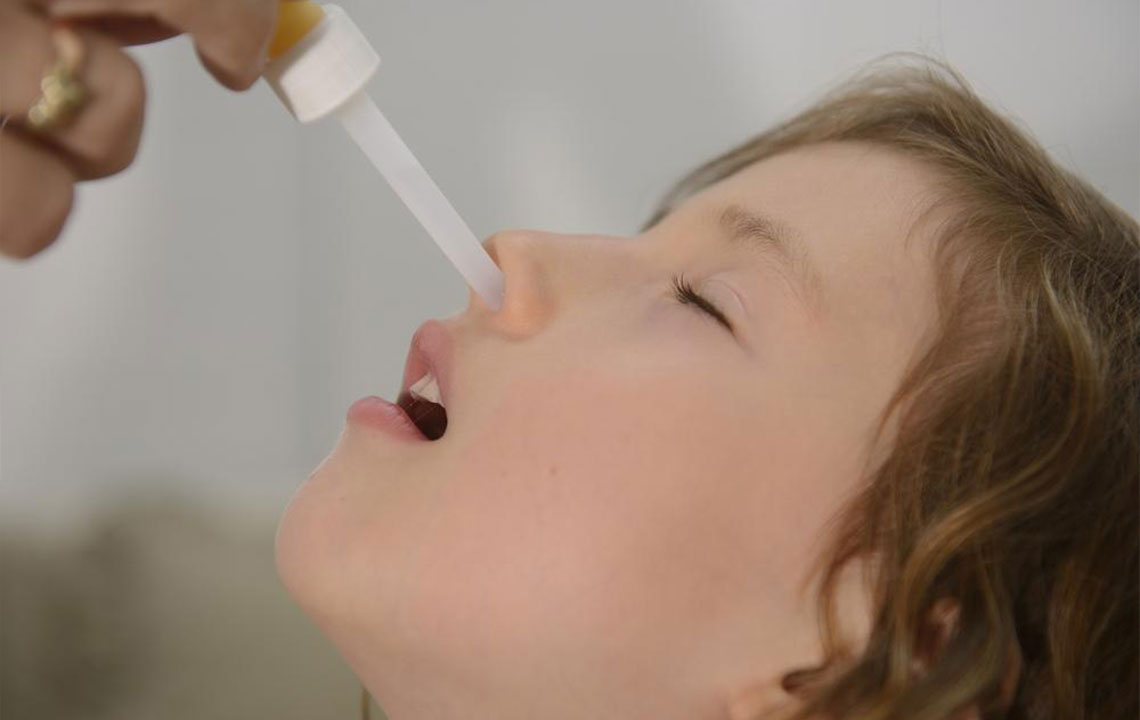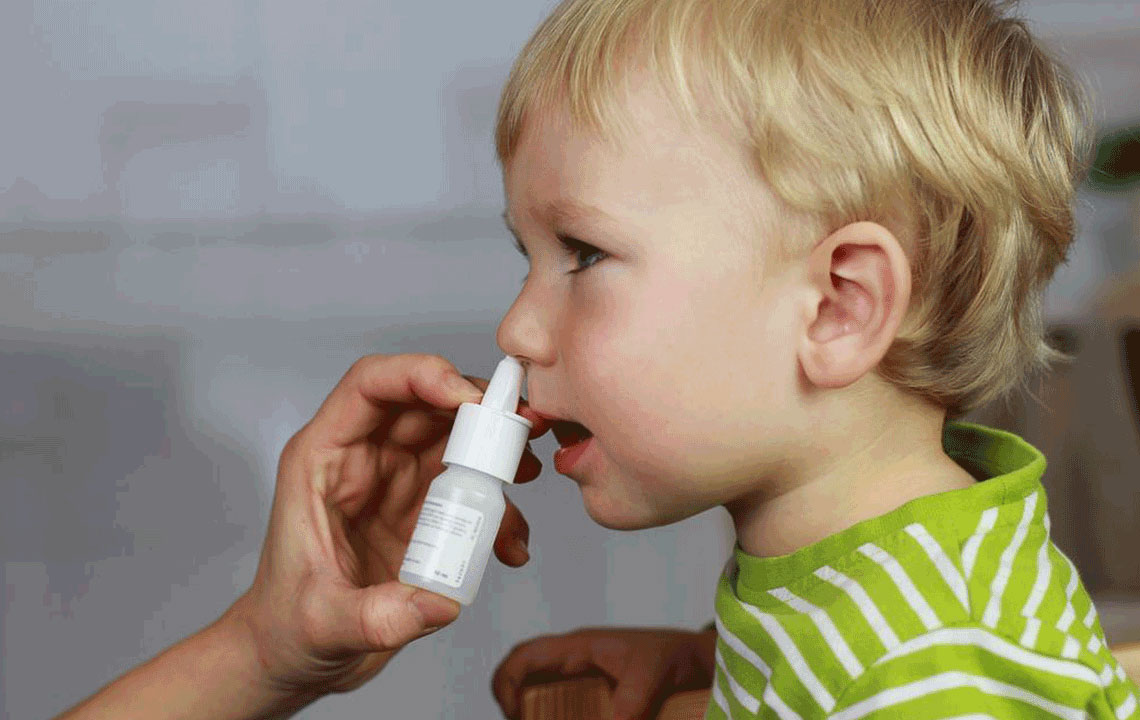Comprehensive Natural and Medical Strategies to Relieve Nasal Congestion
This comprehensive guide explores natural and medical methods to relieve nasal congestion effectively. Covering causes, home remedies, over-the-counter options, dietary tips, and when to seek medical help, it provides essential insights for quick and safe relief from nasal blockage. Understanding proper treatment can significantly improve breathing, sleep quality, and overall well-being, making it a must-read for those suffering from persistent nasal congestion and related issues.

Effective Methods for Managing Nasal Blockage and Congestion
Strategies for Easing Nasal Obstruction
Occasional nasal congestion is an all-too-common issue, impacting millions of people worldwide. It occurs due to various reasons, including weather fluctuations, allergies, colds, or flu viruses. While the body has an innate ability to heal itself, implementing specific treatments can significantly speed up recovery and provide relief. Consulting with healthcare professionals is highly recommended to ensure proper diagnosis and to customize treatment plans suited to individual needs. They can help identify underlying causes—be it allergies, infections, or other respiratory issues—and suggest suitable natural remedies or medicinal interventions.
Understanding the Causes of Nasal Blockage
Nasal congestion primarily results from mucus accumulation within the sinuses and the upper respiratory tract, often due to irritants, allergens, infections, or sinus inflammation.
The core goal of treatment is to facilitate mucus drainage and restore airflow through the nasal passages.
If left untreated, persistent congestion can lead to breathing difficulties, snoring problems, and secondary bacterial infections, particularly affecting sleep quality.
Typically, nasal congestion can last up to four weeks; however, many cases resolve naturally if the causes are addressed promptly, without the need for antibiotics or prescription drugs.
Home Remedies for Alleviating Nasal Congestion
Taking warm showers provides soothing relief and helps reduce swelling in the nasal tissues.
Utilizing humidifiers or vaporizers adds moisture to the air, loosening thick mucus and easing breathing.
Maintaining proper hydration by drinking plenty of fluids ensures mucus remains thin and easier to clear.
Rinsing nasal passages with saline solutions or sprays can effectively flush out irritants and mucus, reducing discomfort.
Avoiding caffeine and alcohol during recovery helps prevent dehydration, which can worsen congestion.
Recommended Over-the-Counter Medications
Decongestant nasal sprays and oral capsules can quickly reduce swelling of nasal tissues, improving airflow.
Antihistamines are particularly effective when allergies contribute to nasal congestion, alleviating sneezing, itching, and runny nose.
Medications that relieve sinus pressure can also help reduce headaches associated with blockages.
Dietary and Hydration Recommendations
Consuming ample fluids—water, herbal teas, broths—helps keep mucus thin, aiding in its clearance.
Incorporating garlic into your diet can bolster immune response efficacy against colds and allergies.
Applying or ingesting lemon juice mixed with black pepper may assist in reducing congestion and soothing irritated nasal tissues.
Ginger’s anti-inflammatory properties can soothe inflamed nasal passages and help mitigate allergic reactions.
Spicy foods—such as chili peppers—can induce a temporary runny nose, which may help clear nasal congestion more quickly.
Signs When Medical Advice Is Necessary
If symptoms persist beyond one week despite adherence to home remedies.
If over-the-counter medications do not provide relief.
If congestion is caused by underlying issues beyond common colds or allergies, such as sinus infections, nasal polyps, or other medical conditions.
Having difficulty breathing, severe headaches, or facial pain warrants immediate consultation with a healthcare provider.
If congestion interferes with sleep or causes ongoing discomfort and headaches, professional medical evaluation is recommended.
Proper attention, early intervention, and appropriate treatment options—whether natural or medicinal—can effectively resolve nasal blockage issues within 3 to 5 days. Always seek medical care if symptoms worsen or persist, as accurate diagnosis is essential for targeted and effective treatment, ensuring quicker recovery and relief from discomfort.





